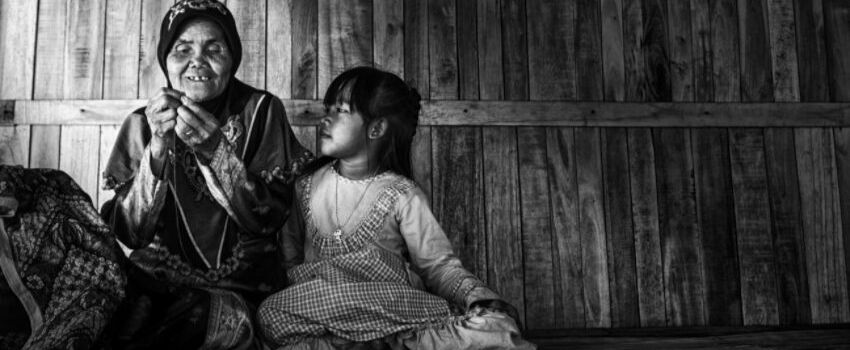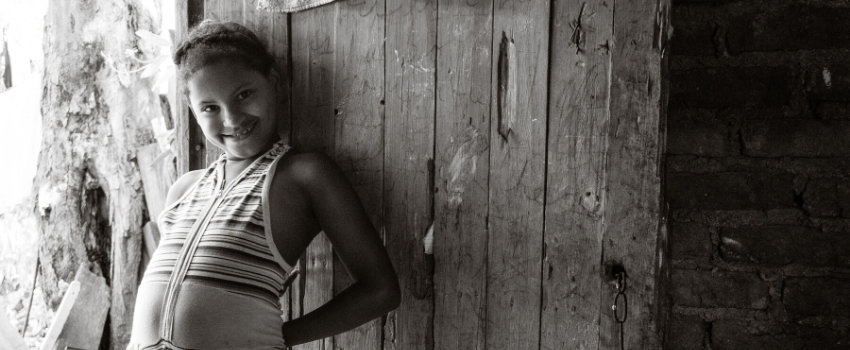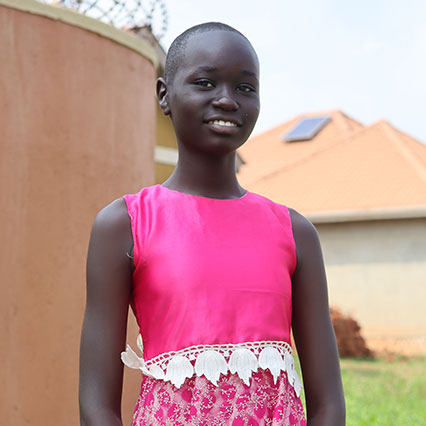
A Tax-Savvy Way To Give
As Christ-followers, we give to others to follow Christ’s example and to invest in His eternal Kingdom. We trust Jesus when he said, “It is better to give than to receive” (Acts 20:35). While it should never be the reason why we give, a secondary benefit when we do, in







